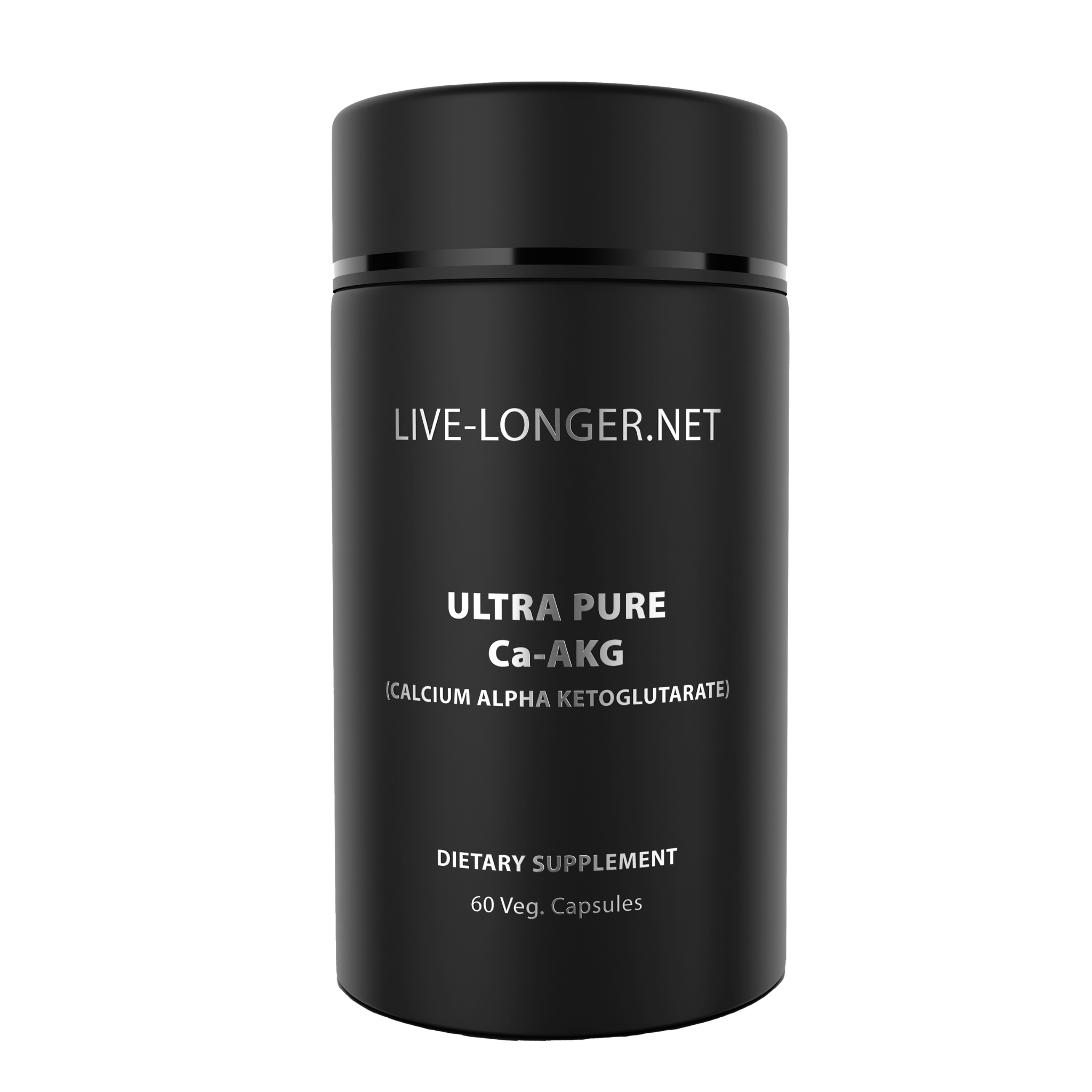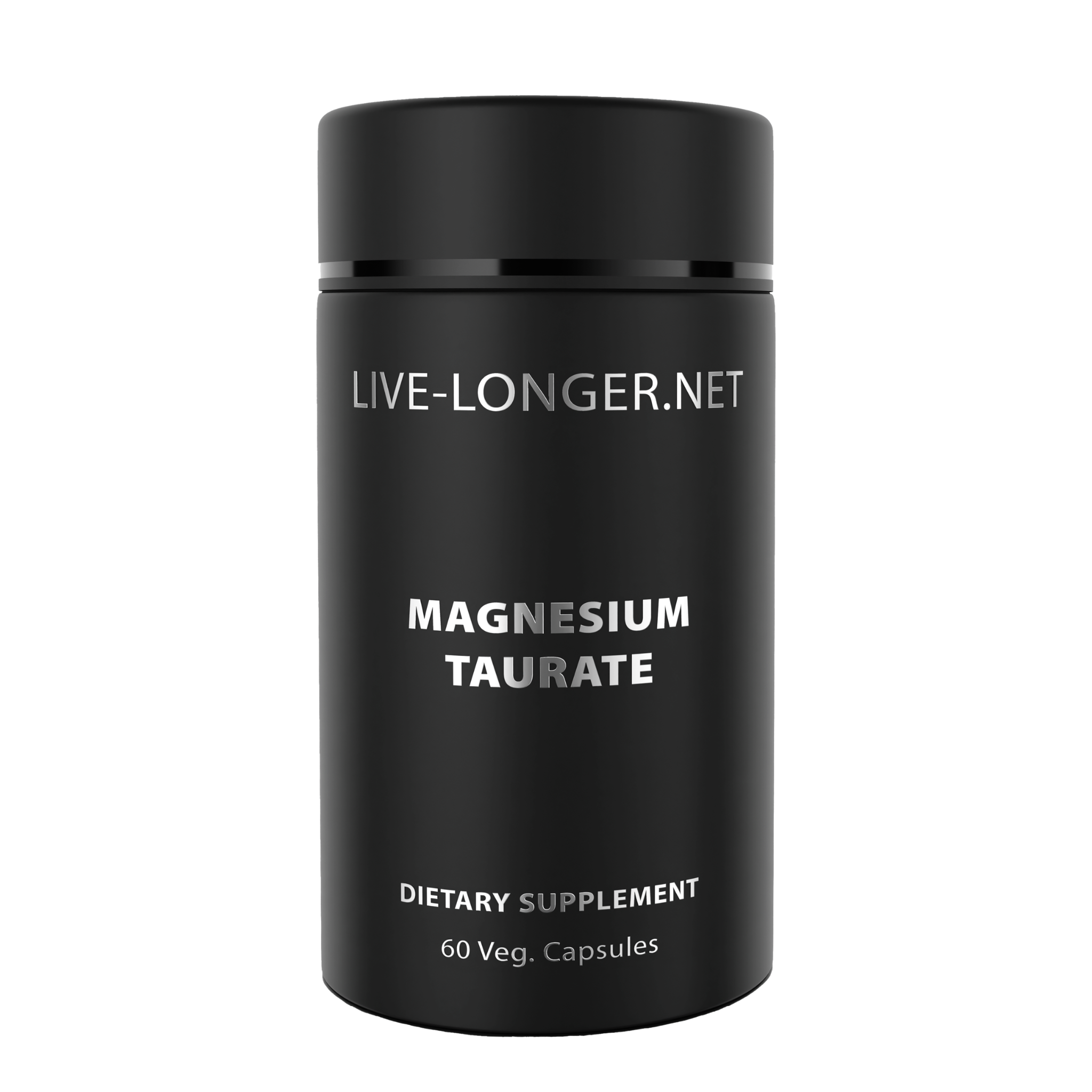Your heart pumps blood, supplies oxygen to your organs, and ensures your body functions properly. Even after all this, we tend to take our heart for granted until it gives us a scare—a skipped beat or an elevated blood pressure reading.
Maintaining heart health doesn’t have to be challenging. In fact, it can be empowering! By making a few lifestyle changes and incorporating the best supplements for heart health, you can give it the support it needs to keep beating strong for years to come. And the best part? You don’t need to be a doctor or a nutritionist to understand the basics.
In this guide, we’ll discuss why heart health is so important, the best ways to boost it, and the top supplements that can make a difference. Whether you're looking to prevent future problems or just want to keep things running smoothly, there’s something here for everyone.
Why is Heart Health Important?
The heart is a vital organ that works non-stop to keep you alive. In fact, your heart beats about 100,000 times per day (1). But here's the thing: heart disease remains the leading cause of death globally, according to the World Health Organization (WHO) (2). It doesn't just affect the elderly; it's a risk that builds up over time due to lifestyle factors like poor diet, lack of exercise, and stress.
So, why is heart health so important?
Well, when your heart is in good shape, your blood pressure stays in check, oxygen flows freely to your organs, and you reduce your risk of heart attacks, strokes, and other scary health issues. On the other hand, if you neglect your heart, you're essentially putting your body's engine at risk of damage.
What's more, poor heart health can lead to a domino effect of other problems—like kidney issues, cognitive decline, and even sexual dysfunction (3). Therefore, maintaining a healthy heart can reduce your risk of chronic diseases and increase your overall lifespan.
The good news is that there are many ways to support your heart, including incorporating the best supplements for heart health into your routine. Whether you're young or old, heart-healthy habits are your ticket to a longer, happier life.
What Can You Do to Boost Your Heart Health?
Boosting your heart health isn't complicated. In fact, some of the most effective ways to keep your heart in tip-top shape are quite simple—and you might even find them enjoyable!
Diet
Eating for heart health isn't about bland, joyless meals. It's about filling your plate with colorful, nutrient-dense foods that make your taste buds and your heart happy.
Leafy greens like spinach and kale are rich in antioxidants and vitamins that reduce inflammation—a major factor in heart disease (4). Healthy fats from nuts, seeds, and avocados also provide omega-3s that help lower cholesterol levels (5).
Exercise
It's no secret that physical activity is great for the heart. But you don't need to train for a marathon. Even moderate exercise, like a brisk 30-minute walk or a bike ride, can make a significant difference.
According to the research, regular exercise lowers blood pressure, improves cholesterol, and reduces overall heart disease risk (6).
Stress Less
Chronic stress can raise your blood pressure and increase your risk of heart disease (7). So, whether it's meditation, yoga, or simply taking a few deep breaths during a hectic day, finding ways to relax can do wonders for your heart.
Supplements
And finally, supplements can fill the gaps that diet and lifestyle alone can't quite reach. The best supplements for heart health are a great addition to your heart-boosting arsenal.
Best Supplements for Heart Health
Now that we've talked about food, exercise, and relaxation, let's talk about the supplements! Here are the five of the best supplements for heart health, each backed by research and used by health-conscious individuals around the world.
Magnesium Taurate
Magnesium is a mineral that does a lot more than you think. Magnesium Taurate, in particular, combines magnesium with taurine, an amino acid that plays a role in regulating blood pressure and calming the nervous system. What does this mean for your heart? It helps blood vessels relax, which can lower blood pressure and prevent irregular heartbeats.
Studies have shown that magnesium deficiency is linked to higher risks of heart disease. One study published in Nutrients found that higher magnesium intake was associated with a 30% lower risk of developing cardiovascular disease (9).
Ultra Pure Omega-3
Omega-3 fatty acids, typically found in fish oil, are famous for their heart-healthy benefits. These fats reduce inflammation (a major player in heart disease), lower triglycerides, and improve the balance between good and bad cholesterol. They also make your blood less "sticky," reducing the risk of dangerous clots that could lead to heart attacks or strokes.
A large-scale review published in JAMA confirmed that Omega-3 supplements help lower the risk of heart disease, particularly in those with high triglycerides (10).
Ultra Pure Berberine
Berberine might not be as well-known as Omega-3s, but it's a hidden gem when it comes to heart health, especially for those dealing with high cholesterol or blood sugar issues. Derived from plants like goldenseal, berberine has been used in traditional medicine for centuries. Modern research backs up its benefits: berberine helps regulate blood sugar, improve insulin sensitivity, and lower LDL (bad) cholesterol.
A study published in Metabolism: Clinical and Experimental found that berberine significantly reduced cholesterol levels and improved heart function in individuals with type 2 diabetes (11). Because high blood sugar and cholesterol are key risk factors for heart disease, keeping them in check is essential.
Ultra Pure Resveratrol
Resveratrol is an antioxidant found in red wine, grapes, and berries. It's often touted as the key to the "French Paradox," where French people enjoy rich diets but have low rates of heart disease. Resveratrol helps protect the lining of your blood vessels and boosts the production of nitric oxide, which improves blood flow.
By incorporating these supplements into your daily routine, you're not just giving your heart a little extra care—you're helping to reduce the risk of future cardiovascular problems and giving yourself the best chance at a long, healthy life.
How to Choose the Best Supplements for Heart Health?
Choosing the best supplements for heart health can feel challenging. How do you know which ones are the real deal and which ones are just marketing hype? Don't worry—we've got you covered. Here are a few simple tips to help you pick the best supplements that your heart will truly love.
Purity and Quality
First things first: always look for supplements labeled as "ultra pure" or "pharmaceutical grade." This ensures they've been tested for contaminants like heavy metals, which can be found in lower-quality supplements. Look for third-party certifications like NSF or USP, which indicate the product has undergone rigorous testing.
Dosage Matters
More isn't always better when it comes to supplements. Stick to the recommended dosage on the label or consult your healthcare provider for personalized advice. Too much of a good thing, like Omega-3 or magnesium, can sometimes cause side effects, so finding the right balance is key.
Ingredient Transparency
Always check the ingredient list. Avoid products with fillers, artificial additives, or ingredients you can't pronounce. Instead, look for supplements that have clear, clean labels with just the essential ingredients.
Consult a Healthcare Professional
Before starting any new supplement, it's a good idea to check with your doctor—especially if you're already taking medications. Some supplements can interact with medications, and it's better to be safe than sorry.
With these tips in mind, you'll be well on your way to selecting the best supplements for heart health that suit your individual needs.
The Bottom Line
At the end of the day, your heart works tirelessly to keep you alive, so it's only fair that you show it some love in return. By focusing on a heart-healthy diet, staying active, managing stress, and incorporating the best supplements for heart health into your routine, you can make a significant difference in how well your heart performs over the years.
Supplements offer targeted support to help your heart stay strong, balanced, and resilient against common cardiovascular challenges. Whether it's lowering inflammation, balancing cholesterol, or improving blood vessel function, these supplements bring a lot to the table—and the best part? They're easy to integrate into your daily routine.
Remember, no supplement can replace a healthy lifestyle, but when combined with the right habits, they can be powerful allies in your quest for long-term heart health. So, don't wait for a wake-up call to start taking care of your heart. Make today the day you invest in the future of your health, one supplement at a time.
After all, your heart deserves the best—and so do you.
References
- Shaffer F, McCraty R, Zerr CL. A healthy heart is not a metronome: an integrative review of the heart’s anatomy and heart rate variability. Frontiers in Psychology [Internet]. 2014 Sep 30;5(1040). Available from: https://pmc.ncbi.nlm.nih.gov/articles/PMC4179748/
- World Health Organization. Cardiovascular Diseases [Internet]. www.who.int. 2022. Available from: https://www.who.int/health-topics/cardiovascular-diseases
- Zijlstra LE, Trompet S, Mooijaart SP, van Buren M, Sattar N, Stott DJ, et al. The association of kidney function and cognitive decline in older patients at risk of cardiovascular disease: a longitudinal data analysis. BMC Nephrology [Internet]. 2020 Mar 5 [cited 2024 Oct 17];21(1). Available from: https://pmc.ncbi.nlm.nih.gov/articles/PMC7059260/
- Blekkenhorst L, Sim M, Bondonno C, Bondonno N, Ward N, Prince R, et al. Cardiovascular Health Benefits of Specific Vegetable Types: A Narrative Review. Nutrients [Internet]. 2018 May 11 [cited 2024 Oct 17];10(5):595. Available from: https://www.ncbi.nlm.nih.gov/pmc/articles/PMC5986475/
- Rodriguez-Leyva D, Bassett CMC, McCullough R, Pierce GN. The cardiovascular effects of flaxseed and its omega-3 fatty acid, alpha-linolenic acid. Canadian Journal of Cardiology [Internet]. 2010 Nov [cited 2024 Oct 17];26(9):489–96. Available from: https://www.ncbi.nlm.nih.gov/pmc/articles/PMC2989356
- National Heart, Lung, and Blood Institute. Physical Activity and Your Heart - Benefits | NHLBI, NIH [Internet]. www.nhlbi.nih.gov. 2022. Available from: https://www.nhlbi.nih.gov/health/heart/physical-activity/benefits
- Spruill TM. Chronic Psychosocial Stress and Hypertension. Current Hypertension Reports [Internet]. 2010 Jan 27;12(1):10–6. Available from: https://www.ncbi.nlm.nih.gov/pmc/articles/PMC3694268/
- Rosique-Esteban N, Guasch-Ferré M, Hernández-Alonso P, Salas-Salvadó J. Dietary Magnesium and Cardiovascular Disease: a Review with Emphasis in Epidemiological Studies. Nutrients [Internet]. 2018 Feb 1;10(2):168. Available from: https://pmc.ncbi.nlm.nih.gov/articles/PMC5852744/
- Rosique-Esteban N, Guasch-Ferré M, Hernández-Alonso P, Salas-Salvadó J. Dietary Magnesium and Cardiovascular Disease: a Review with Emphasis in Epidemiological Studies. Nutrients [Internet]. 2018 Feb 1;10(2):168. Available from: https://pmc.ncbi.nlm.nih.gov/articles/PMC5852744/
- Aung T, Halsey J, Kromhout D, Gerstein HC, Marchioli R, Tavazzi L, et al. Associations of Omega-3 Fatty Acid Supplement Use With Cardiovascular Disease Risks: Meta-analysis of 10 Trials Involving 77 917 Individuals. JAMA cardiology [Internet]. 2018 Mar 1;3(3):225–34. Available from: https://pubmed.ncbi.nlm.nih.gov/29387889/









